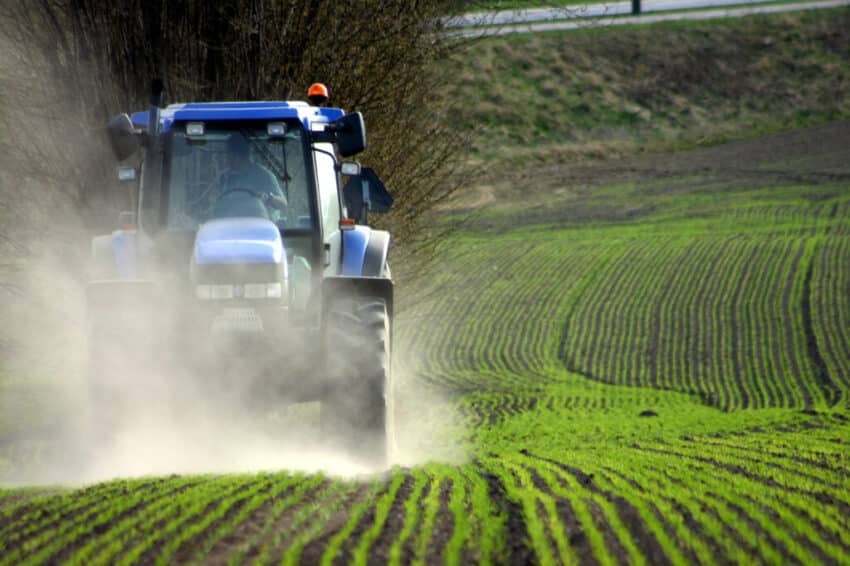The farming industry is reliant on the natural world to produce stock. The weather, temperature, ground conditions, water availability and pests all affect how well crops grow, as well as the health of animals.
For this reason, farming communities across the UK and the wider global market are concerned about the potential impacts of climate change. The BBC report that the world is now nearly one degree warmer than it was before industrialisation, and nearly 400 all-time high temperatures were recorded in summer 2019. So what are the potential impacts of climate change on the farming industry?
Changes to agricultural land
Further increases in temperature could impact crop production in different ways, depending on where the land lies in the UK. For instance, dry and hot weather may be beneficial to certain areas that are typically cold and wet, while other areas may experience droughts during long periods of warm conditions. Less availability of water may cause a range of problems for crops including reduced growth. Plus, with longer growing seasons through summer and shorter autumn and winter seasons, the yields of certain crops will be impacted.
Lower productivity of livestock
In the event of heatwaves or long periods of dry, hot weather, productivity of livestock may be affected. Certain species such as dairy cows and sheep may suffer from heat stress in particularly warm conditions. In addition, if land is dry and grass struggles to grow, livestock will have less to graze and the quality of their feed may be impacted. This may mean farmers need to spend more on alternative feed for livestock, affecting their overheads.
Increased diseases and pests
Another potential effect of a warmer climate is increased pests and diseases among plant and animal species. This may affect the farming industry in many ways, such as the quality of livestock feed, weed growth, plant life cycles, and the success of certain pest control methods. Certain pests thrive in hot and dry conditions which means they are more likely to spread, and disease outbreaks can be costly to the farming community.
These are just some of the ways that the farming industry may be affected by climate change. Steps must be considered to help farmers adapt to the ever-changing conditions, such as growing alternative crops to suit new ground conditions, implementing water capturing techniques to maintain supply, and altering certain crop production dates.
Further to this, it’s important for farm owners to protect their business with the right level of farming insurance. This can cover them for a range of potential risks, such as disease outbreaks, damage to machinery, business interruption and livestock damage.


